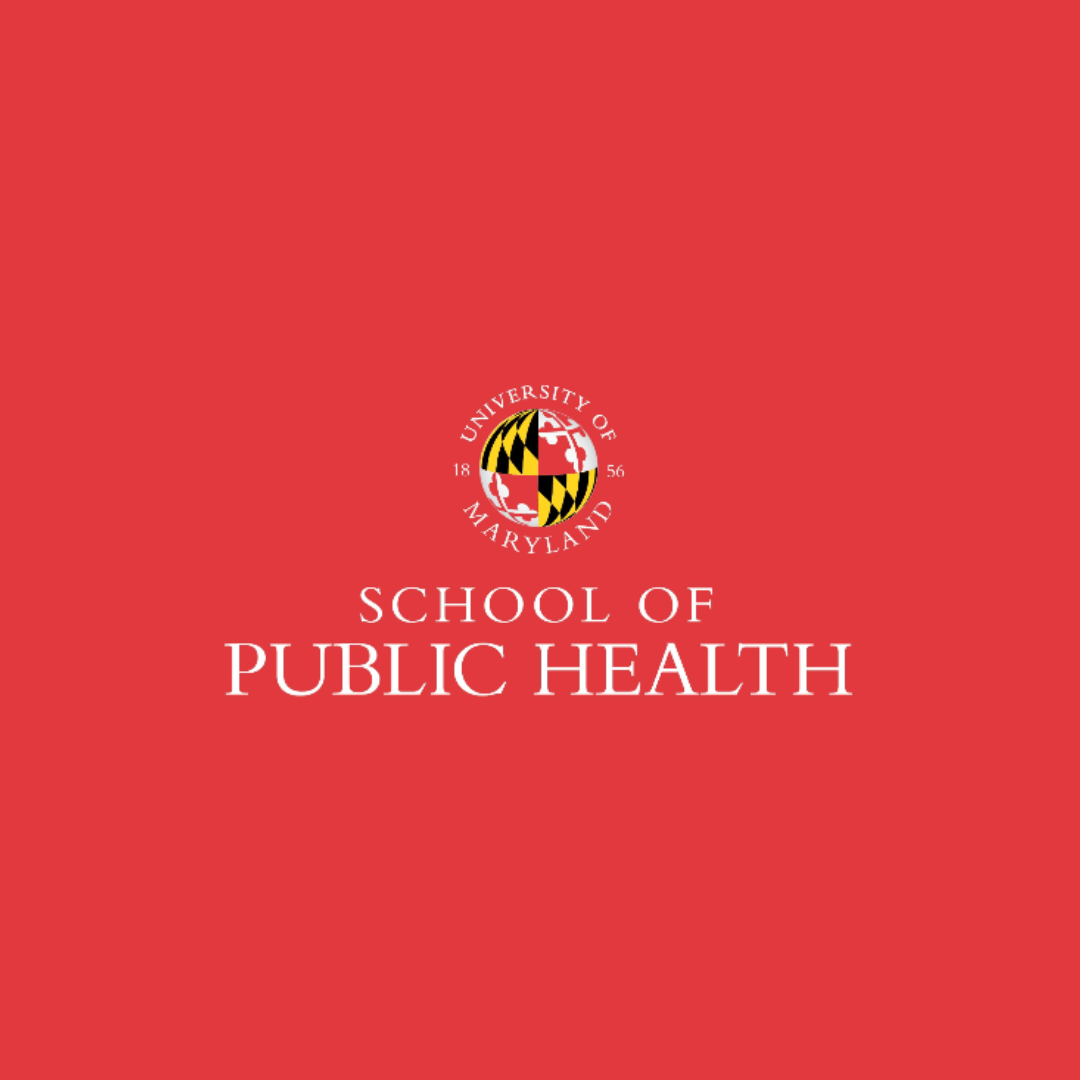Faculty Course Proposals
The Global Learning Initiative (GLI) team provides a variety of services to help faculty realize their global learning courses. Please visit our Faculty Global Engagement page to see a full list of workshops, consultations and design sprints.
Our history of offering financial support is illustrated through the provision of direct grants, co-sponsoring grants, alongside working with departments on financial incentives to help faculty design and deliver globally oriented courses on-campus.
We aim to embed globally oriented courses across campus that are innovative, project-based and bring together Maryland students and students from partner universities around the world using digital technologies. These exciting courses aim to provide our students with international experiences that mirror the work they will encounter throughout their lives: cross-cultural, project-based and virtual.
Six New Global Public Health Classrooms Courses to Launch Through 2026
The School of Public Health and Global Learning Initiatives partnered to launch the Global Public Health Classrooms Grants, awarding faculty with a $10K grant to develop a new course.

Questions & Contact Information
For more information regarding faculty proposals or on partnering with GLI, contact Dr. Taylor Woodman at tcwood@umd.edu. For general questions, contact the Global Learning Initiatives team at info-gli@umd.edu.
